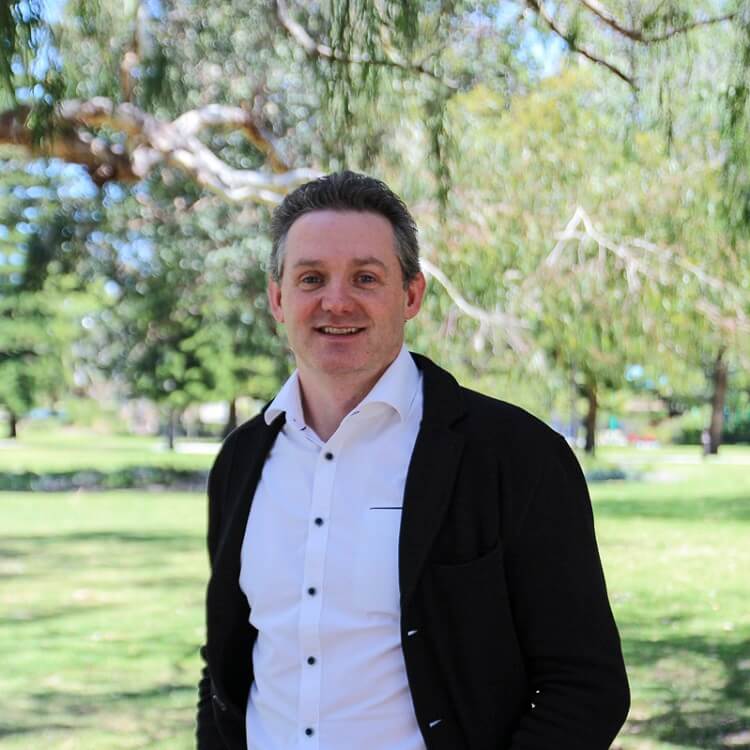Search

News & Events
Kids cancer champion nominated for WA Australian of the YearDr Nick Gottardo, Co-Head of The Kids Research Institute Australia's Brain Tumour Research Team, has been announced a nominee for the 2018 WA Australian of the Year Award

News & Events
WA children with most aggressive cancers to benefit from Australian-first personalised medicine clinical trialPersonalised medicine for childhood cancers in West Australia is a step closer thanks to the Zero Childhood Cancer program’s state clinical trial launched today
News & Events
Ependymoma Awareness DayEthan was not even two when he was diagnosed with a rare type of brain tumour known as an ependymoma.
Research
Precision-guided treatment in high-risk pediatric cancersRecent research showed that precision medicine can identify new treatment strategies for patients with childhood cancers. However, it is unclear which patients will benefit most from precision-guided treatment.
Research
Grandparents’ Experiences of Childhood Cancer: A Qualitative StudyA child's cancer diagnosis has a significant impact on the lives of grandparents. Grandparents experience the stress of worrying about both their adult children and their grandchildren. Our study aimed to explore the lived experience of grandparents of children diagnosed with cancer.
Research
Prognostic significance of molecular subgroups in survival outcome for children with medulloblastoma in MalaysiaAdvancements in genomic profiling led to the discovery of four major molecular subgroups in medulloblastoma (MB), which have now been incorporated into the World Health Organization classification of central nervous system tumors. The current study aimed to determine the prognostic significance of the MB molecular subgroups among children in Malaysia.
Research
Nonchromosomal birth defects and risk of childhood acute leukemia: An assessment in 15 000 leukemia cases and 46 000 controls from the Childhood Cancer and Leukemia International ConsortiumAlthough recent studies have demonstrated associations between nonchromosomal birth defects and several pediatric cancers, less is known about their role on childhood leukemia susceptibility. Using data from the Childhood Cancer and Leukemia International Consortium, we evaluated associations between nonchromosomal birth defects and childhood leukemia.
Research
A surgically optimized intraoperative poly(I:C)-releasing hydrogel prevents cancer recurrenceRecurrences frequently occur following surgical removal of primary tumors. In many cancers, adjuvant therapies have limited efficacy. Surgery provides access to the tumor microenvironment, creating an opportunity for local therapy, in particular immunotherapy, which can induce local and systemic anti-cancer effects.
Research
Australian and New Zealand consensus guideline for paediatric newly diagnosed immune thrombocytopaenia endorsed by Australian New Zealand Children's Haematology and Oncology GroupIn children, the majority of cases are self-limiting and thus many paediatric patients can be managed conservatively with minimal complications. This varies considerably compared to adult newly diagnosed immune thrombocytopaenia (NDITP) where, in most cases, thrombocytopaenia persists with higher risk of moderate to severe bleeding complications.
Research
Lessons learnt from influenza vaccination in immunocompromised children undergoing treatment for cancerInfluenza infection contributes substantially to global morbidity and mortality, with children undergoing treatment for cancer among the most vulnerable due to immunosuppression associated with disease and treatment. However, influenza remains one of the most common vaccine-preventable diseases.
